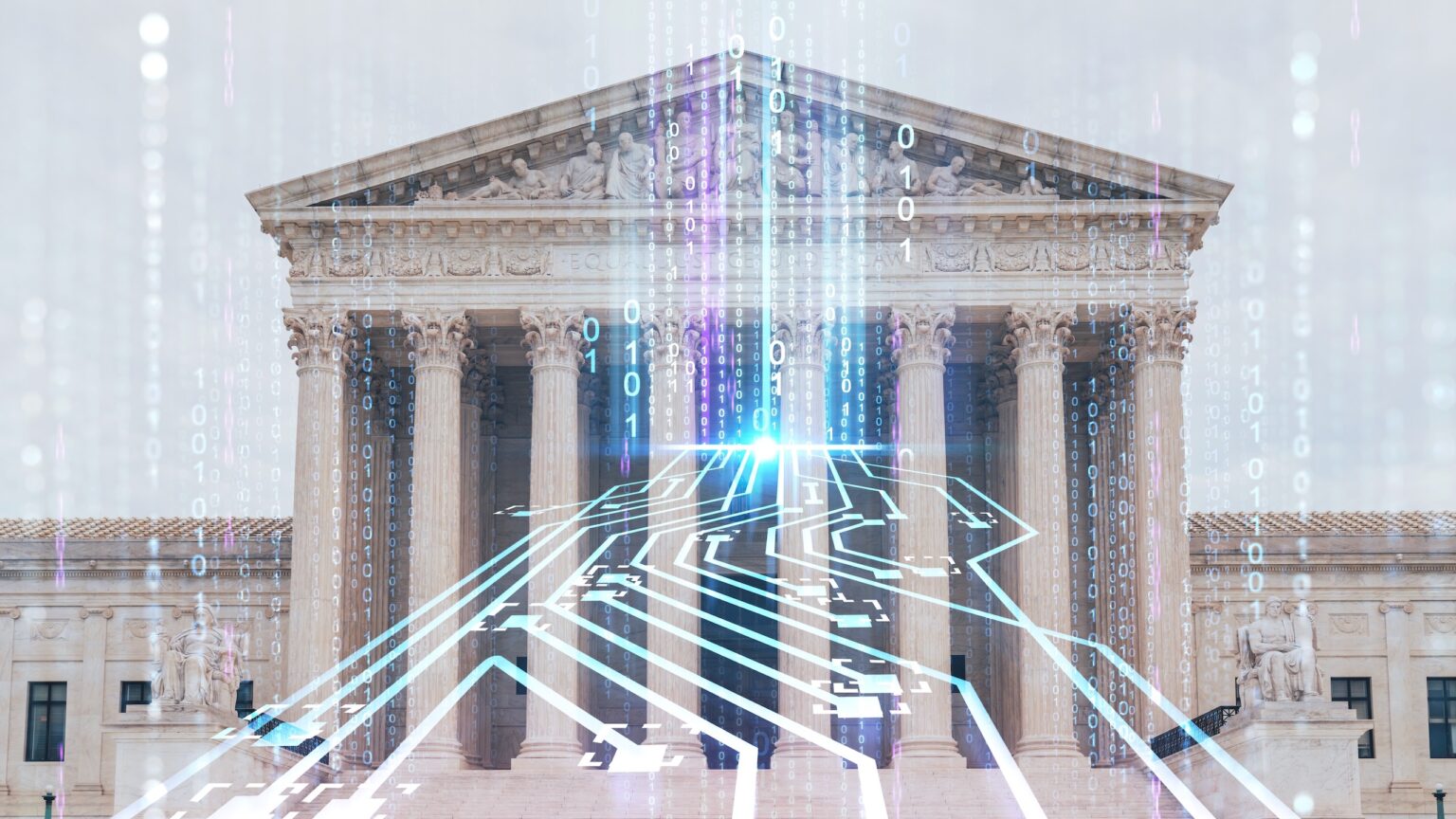A Texas federal judge has ordered that AI-generated content should not be used to make arguments in court, and that such information must be declared and verified by a human.
Judge Brantley Starr’s ruling comes after one attorney, Steven Schwartz, last week allowed OpenAI’s ChatGPT to “supplement” his legal research by providing him with six cases and relevant precedent. All the cases were untrue and completely “hallucinated” by the chatbot.
Also read: ChatGPT’s Bogus Citations Land US Lawyer in Hot Water
The debacle received wide coverage, leaving Schwartz with “regrets.” Other lawyers who may have been contemplating trying the stunt now have to think twice, as Judge Starr has put an end to it.
Judge Starr also added a requirement that any attorney who appears in his courtroom declare that “no portion of the filing was drafted by generative artificial intelligence,” or if it was, that it was checked “by a human being.”
Judge Starr lays down the law
The eminent judge has set specific rules for his courtroom, just like other judges, and recently added the Mandatory Certification Regarding Generative Artificial Intelligence.
This states that: “All attorneys appearing before the Court must file on the docket a certificate attesting either that no portion of the filing was drafted by generative artificial intelligence (such as ChatGPT, Harvey.AI, or Google Bard) or that any language drafted by generative artificial intelligence was checked for accuracy, using print reporters or traditional legal databases, by a human being.”
A form for lawyers to sign is appended, noting that “quotations, citations, paraphrased assertions and legal analysis are all covered by this proscription.”
According to a report by TechCrunch, summary is one of AI’s strong suits and finding and summarizing precedent or previous cases is something advertised as potentially helpful in legal work. As such, this ruling may be a major spanner in the works for AI.
The certification requirement includes a pretty well-informed and convincing explanation of its necessity.
It states that: “These platforms are incredibly powerful and have many uses in the law: form divorces, discovery requests, suggested errors in documents, anticipated questions at oral argument.
“But legal briefing is not one of them. Here’s why.
“These platforms in their current states are prone to hallucinations and bias,” reads part of the certification.
It further explains that on hallucinations, AI is prone to simply making stuff up – even quotes and citations. While another issue relates to reliability or bias.
Chatbots don’t swear an oath
The certification further notes that although attorneys swear an oath to set aside their personal prejudices, biases, and beliefs to faithfully uphold the law and represent their clients, generative AI is the programming devised by humans who did not have to swear such an oath.
In the case of Schwartz, he said in an affidavit that he was “unaware of the possibility that its (ChatGPT) content could be false.”
He added that he “greatly regrets” using the generative AI and will only “supplement” its use with absolute caution and validation in future, further claiming he had never used ChatGPT prior to this case.
The other side of ChatGPT
Launched last November, ChatGPT is a large language model developed by OpenAI. The AI-powered chatbot is trained on billions of data sets from the internet and can perform a variety of tasks such as generating text and translating languages.
Despite going viral and provoking a fierce AI race, ChatGPT has its downsides – it can hallucinate and has misled Schwartz, who was representing Roberto Mata in a lawsuit against Colombian airline Avianca. Effectively, the chatbot provided citations to cases that did not exist.
Yet when Schwartz asked ChatGPT if one of the supposed cases was a real case, it responded “yes, (it) is a real case.” When asked for sources, the chatbot told Schwartz the case could be found “on legal research database such as Westlaw and LexisNexis.”
A lawyer used ChatGPT to do "legal research" and cited a number of nonexistent cases in a filing, and is now in a lot of trouble with the judge 🤣 pic.twitter.com/AJSE7Ts7W7
— Daniel Feldman (@d_feldman) May 27, 2023
The matter came to light after the opposing counsel flagged the ChatGPT-generated citations as fake.
US District Court Judge Kevin Castel confirmed six of them as non-existent and demanded an explanation from Schwartz.
“Six of the submitted cases appear to be bogus judicial decisions with bogus quotes and bogus internal citations,” wrote Judge Castel in a May 4 order.









 and then
and then